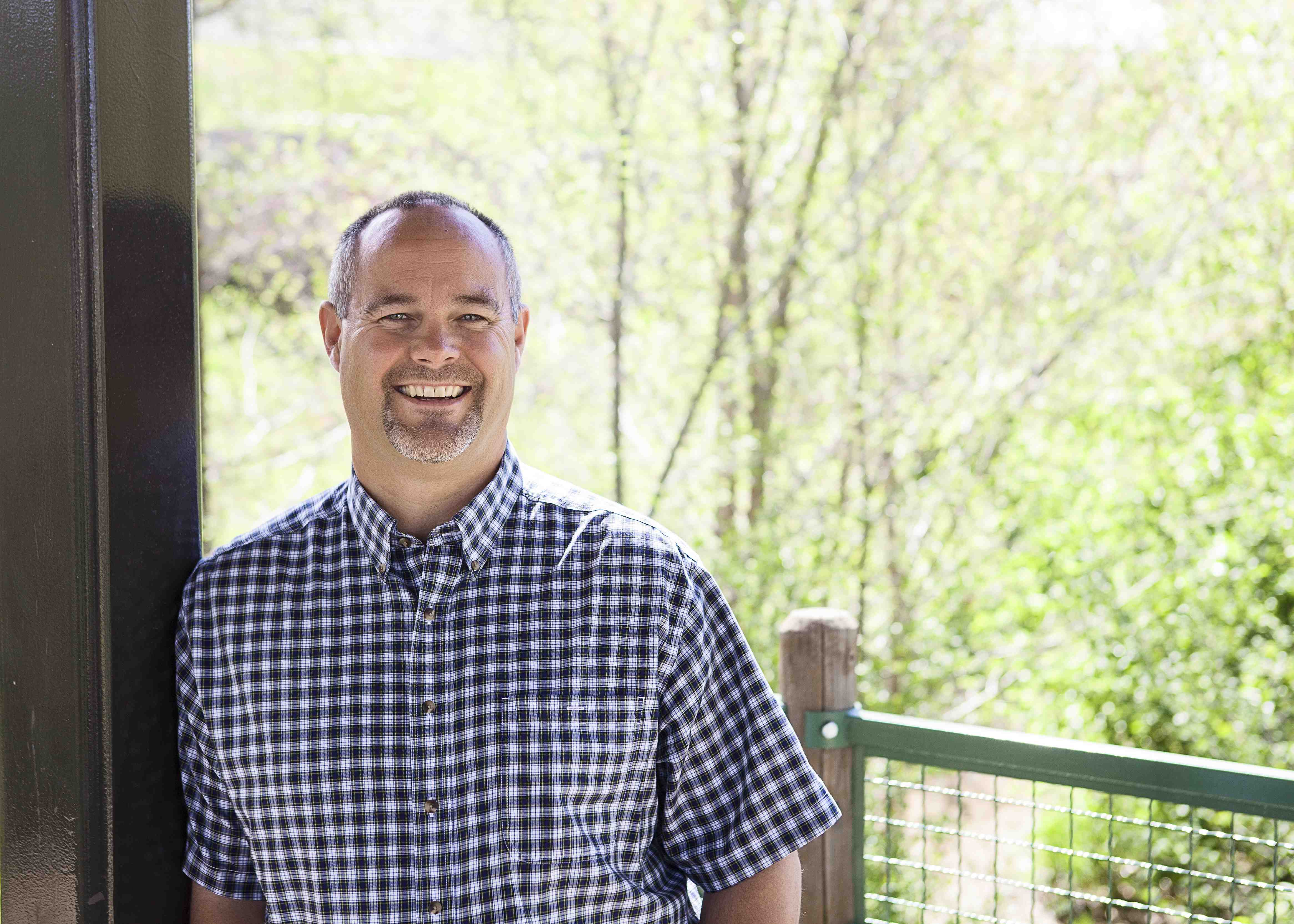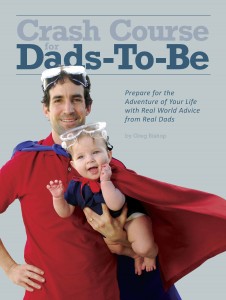Hormone Shakeup | by

Biochemical changes can reprogram dads, too
If you’ve ever wondered how a burly-looking, tough-talking, barbell-pounding man turns into a soft-spoken, goo-goo babbling, diaper-changing guy almost overnight, Schuyler Totman (pictured above) has the answer for you: hormones.
Research has found that those chemical messengers that can sometimes cause mood-swinging havoc in moms-to-be can also have a hold on dad, probably for good reasons, says Totman, a coach for expectant fathers who teaches “Boot Camp for New Dads” at Swedish Medical Center.
“My guess would be that the body has learned to make adjustments to help him become the person he needs to be,” says Totman, 47, whose son is 9 and daughter, 11. “Those first two months, life is just a roller coaster. It’s all hands on deck 24 hours a day.”
Although it’s just a small part of his class to prep dads for what’s to come when the big day arrives, the hormone studies can help fathers understand the internal changes they go through. “This is the biggest transition of most men’s lives,” Totman says. “Other changes don’t really compare.” Moreover, science and society are recognizing that dads are integral in this process, noting that things like sympathy symptoms (morning sickness, weight gain in men during their wives’ pregnancies) and baby blues are real for dads, Totman says.
Here’s a snapshot of the hormone ride, based on Totman’s guiding book in class, “Crash Course for Dads-to-be,” by Greg Bishop:
Testosterone
The hormone associated with aggression, determination and sex-drive, maybe to boost survival of the fittest in the dark ages, plummets during pregnancy and for weeks afterward by as much as 33 percent. (Don’t worry, men; it starts to rise again when baby reaches about 7 weeks.)
“One of the things it does is to temporarily diminish sex drive,” Totman says. “I think both men and women would agree that’s not the highest priority during this time. It allows for a greater focus on relationships.”
Cortisol
This “fight-or-flight” stress hormone doubles three weeks prior to birth, Totman says. “It makes you more concerned about your environment and more intensely aware of the mom’s and baby’s needs. Our antennas are up.”
Prolactin
Mostly associated with allowing milk production in women, prolactin also increases in expectant fathers as much as 20 percent before birth. “I think it’s for more of an emotional bonding reason. It draws our attention to the baby and enhances our instincts to care for him or her.”
Oxytocin
Sometimes called the “love hormone,” oxytocin can also increase, spiking during bonding moments, such as when Dad receives his baby’s first smile. “I warn dads that that might not be for two months down the road,” Totman says. But then he adds that isn’t always the case. “When they gave my daughter to me to hold when she was born, I said hi, and she reached up and grabbed my finger. I tell my dads: And she never let it go.”
Learn more by clicking: http://www.swedishhospital.com/conditions-we-treat/pregnancy-and-childbirth/baby-classes/new-dad-boot-camp.htm
Tags: parenting, Swedish Medical Center
Leave a Comment
Please be respectful while leaving comments. All comments are subject to removal by the moderator.

